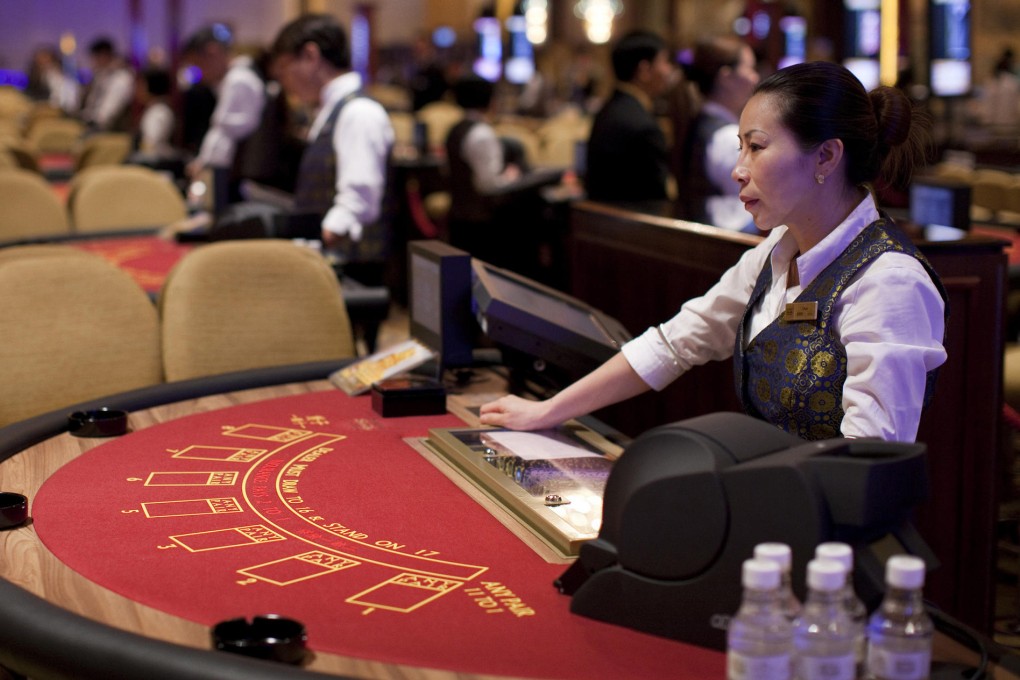Macau's casinos are expanding, but visa laws may cause staffing problems
Macau's casino scene is primed for further expansion, but an opaque visa system for foreign workers could lead to an acute manpower shortage, writes Bernice Chan

Macau's Cotai Strip, with its colossal, glittering casino-hotels, is primed for further expansion over the next few years. The corporations that developed the once-muddy causeway are anticipating the arrival of an even greater number of gamblers at their grand properties.
Wynn Macau has plans to construct a Bellagio-like Wynn Diamond, while Galaxy Entertainment Group, Sands China and Melco Crown Entertainment all have expansion plans. With these developments comes the need for more employees to work in construction, hotels, casinos, and restaurants.
But its low unemployment rate, coupled with an opaque visa system for foreign workers, has raised concerns about where these tens of thousands of employees will come from. Less than 2 per cent of permanent residents in the city of 570,000 are unemployed, thanks to government policies that give locals priority for job opportunities.
There are two kinds of visas for overseas workers. Those with a tertiary education who are being hired at managerial level are granted a visa on an individual basis. But most visas, such as those for construction workers and waiting staff, are negotiated in bulk.
But under the labour law, companies that hire foreign workers are also required to employ a number of local staff. So, as fewer than 7,000 Macau residents are classified as unemployed, the manpower shortage threatens to turn into a major crisis if the government doesn't act quickly, observers say.
"Macau wants to promote tourism and wants to provide jobs for its residents. But Macau has a small population," says René J.M. Schillings, managing director of TOP Hoteliers Hospitality Executive Search. "They [the casinos] can't staff businesses with people from Macau alone - they need more people from the outside."